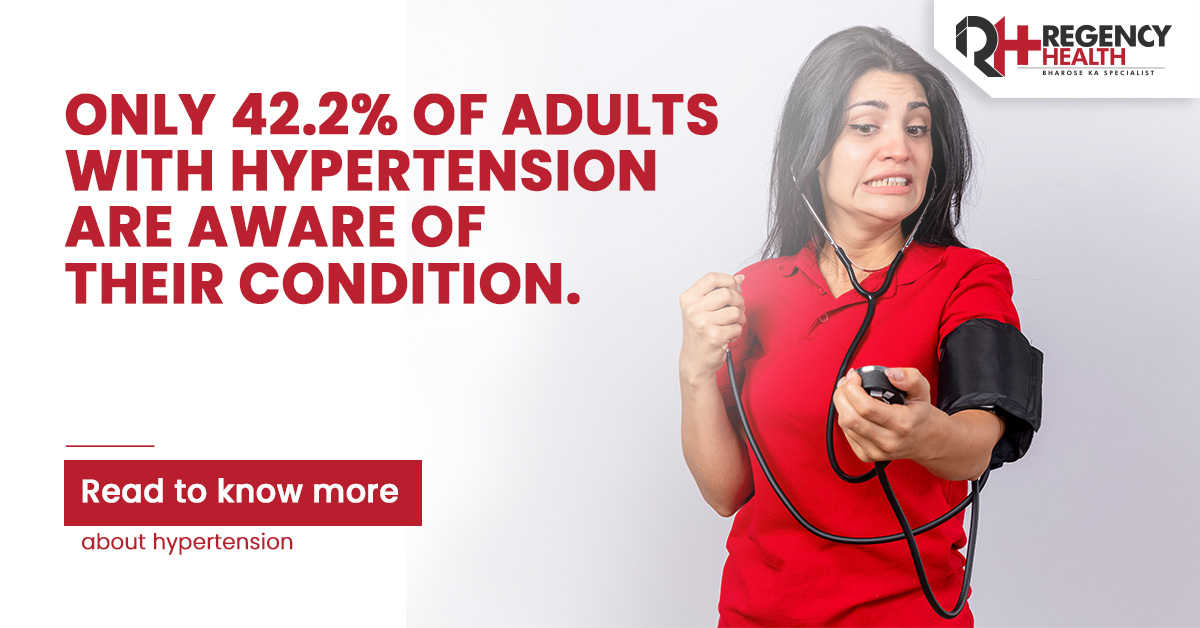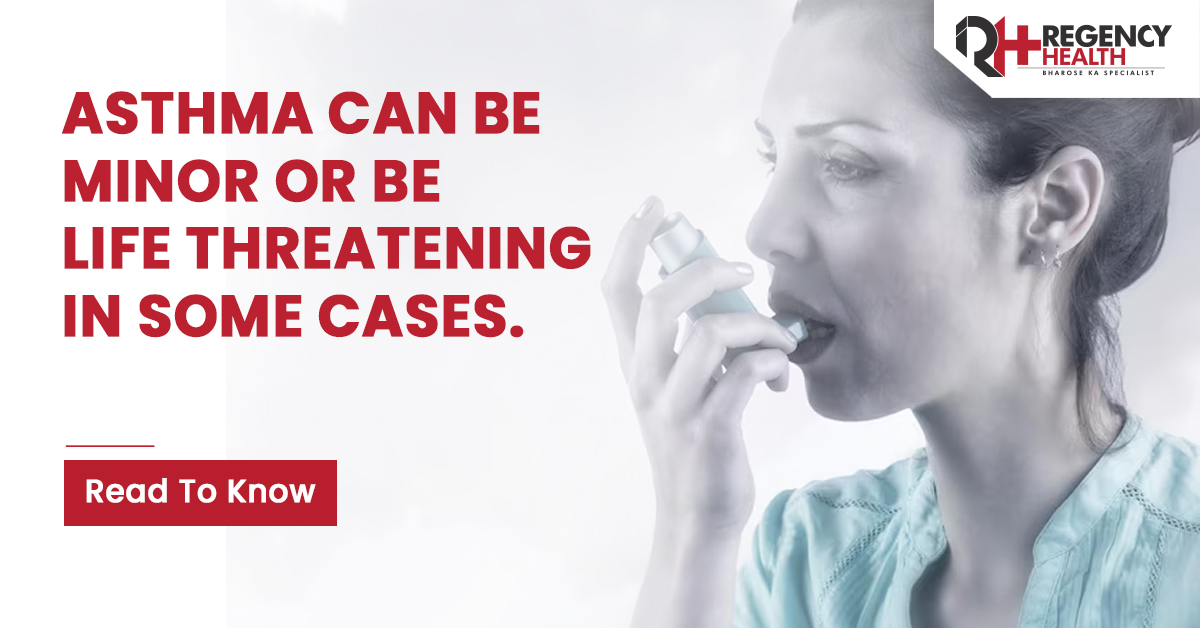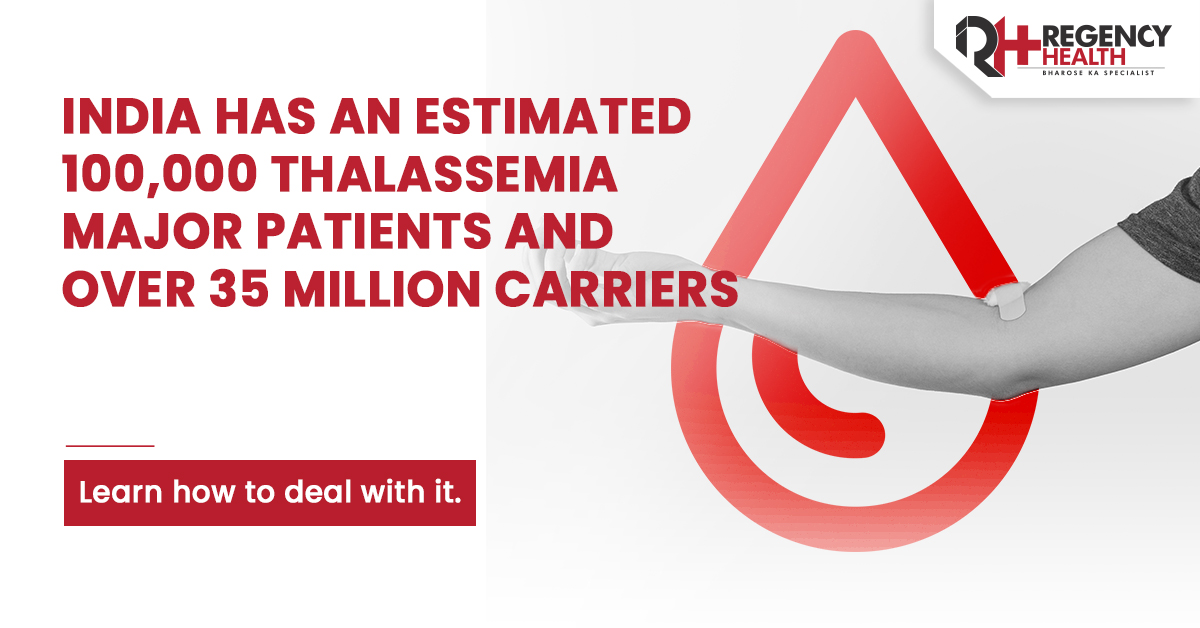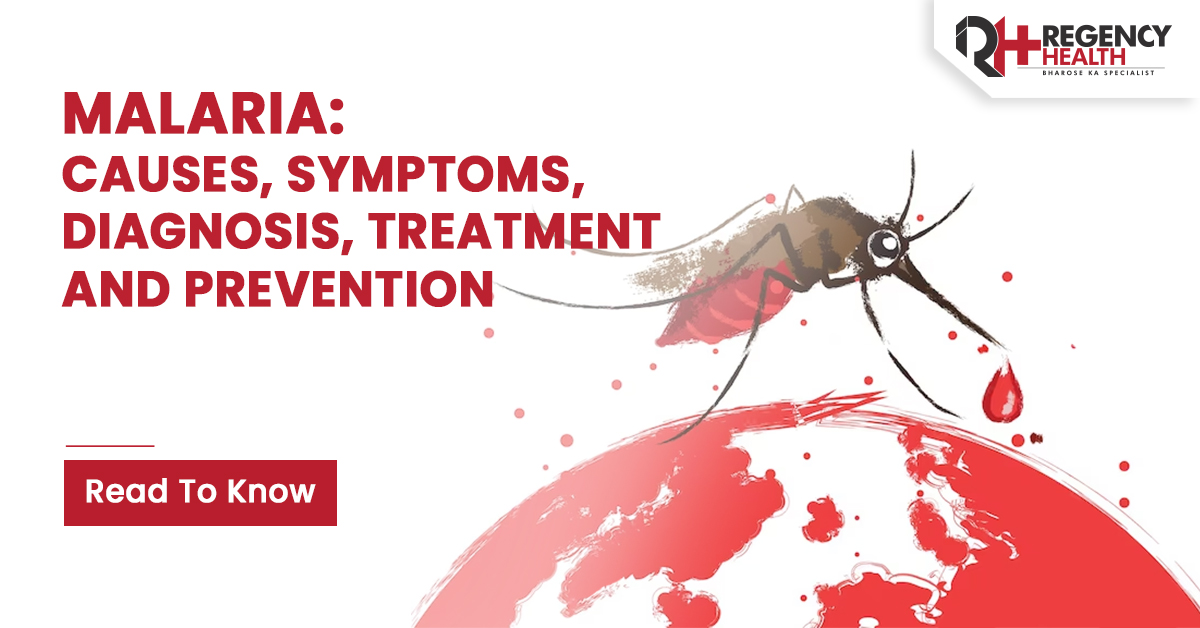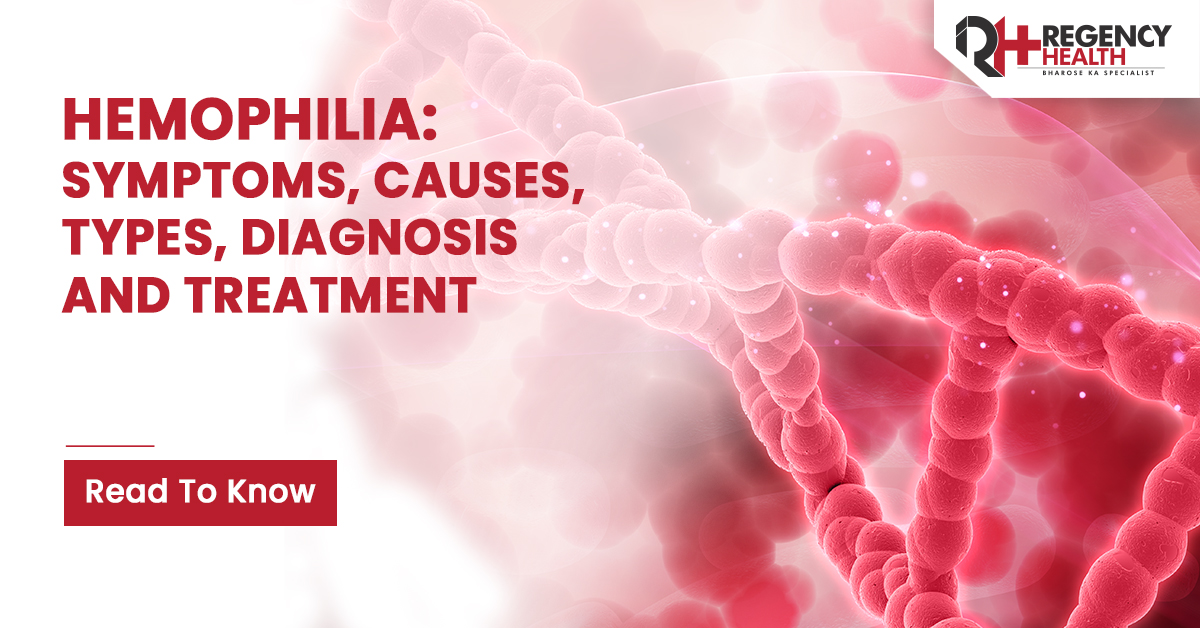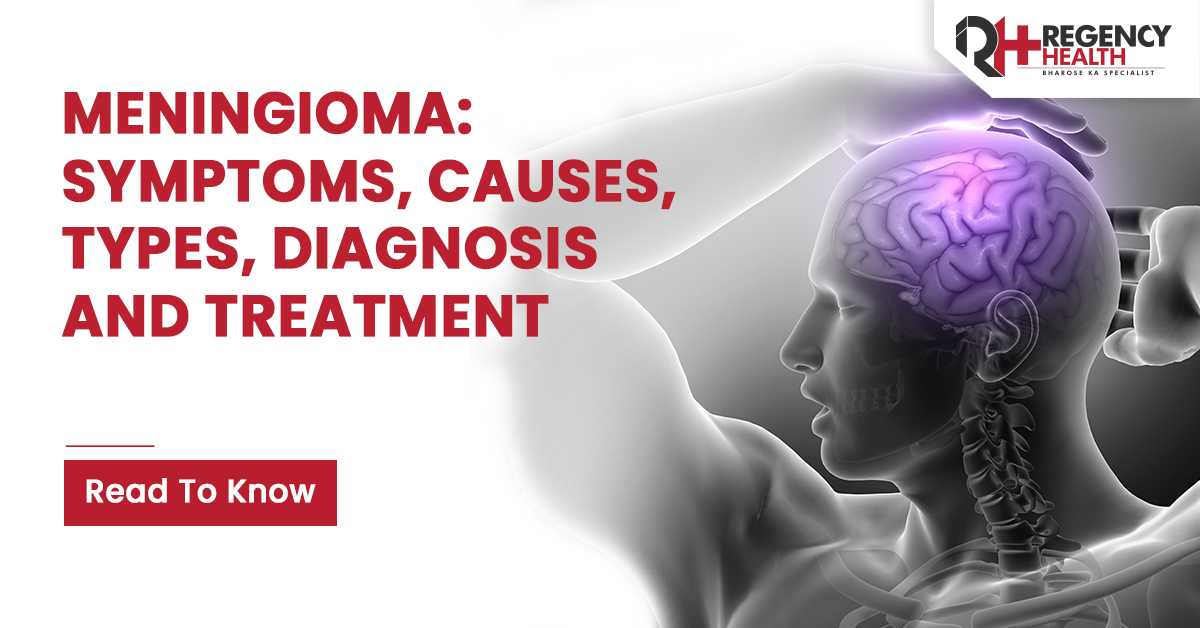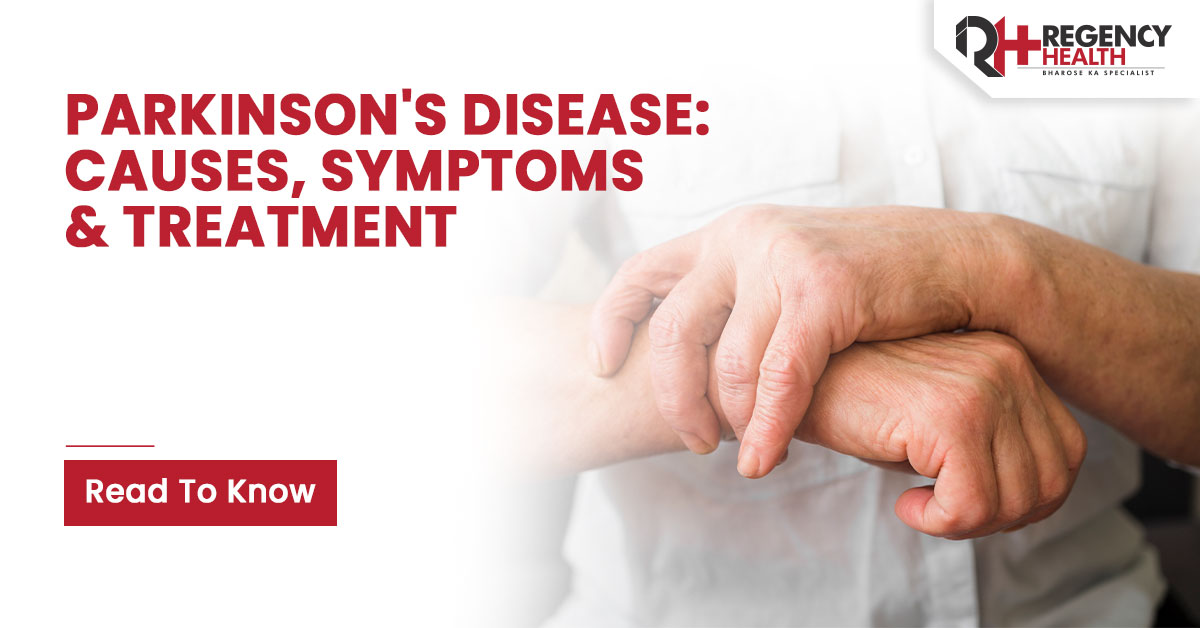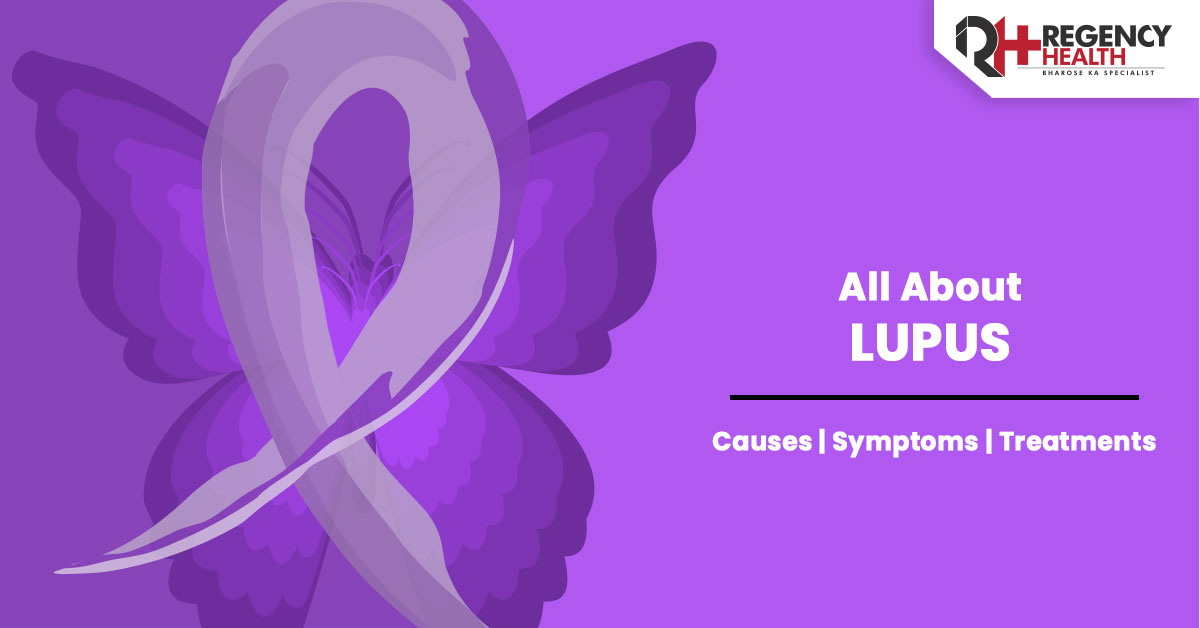Hypertension is a condition where the force of your blood flow against the walls of your arteries is extremely high leading to several health complications. Uncurbed high blood pressure can increase your chance of developing major medical issues such as heart failure and mitral valve abnormalities. Nearly 1 billion individuals worldwide are currently affected by high blood pressure. The World Health Organisation's (WHO) recent reports suggest that this number may increase to almost 1.57 billion by 2025.
Blogs
Asthma is a chronic respiratory condition suffered by millions of individuals worldwide. It is characterised by inflammation and narrowing of the airways, leading to recurring episodes of breathlessness, wheezing, coughing, and chest tightness. This blog aims to provide a comprehensive overview of asthma, including the types of asthma, its causes, asthma symptoms, diagnosis, and available asthma treatment options.
Thalassemia is an inherited blood disorder that affects the body’s ability to make healthy hemoglobin. Hemoglobin is a protein in red blood cells that carries oxygen to different parts of the body. When hemoglobin production is abnormal, the body doesn’t get enough oxygen, leading to anemia and related health concerns.
Malaria is a serious and sometimes fatal disease caused by parasites that are transmitted to people through the bite of infected mosquitoes. Despite being preventable and curable, malaria continues to affect millions of people, especially in tropical and subtropical regions. Early detection, proper treatment, and preventive measures are key to controlling the spread of this life-threatening illness.
Stress is a natural response to challenging situations, deadlines, or unexpected life changes. While short-term stress can sometimes motivate us, chronic stress can have serious effects on both the body and behavior. Understanding the symptoms of stress and how it impacts your overall health is essential for managing it effectively. For those experiencing severe or long-term stress, consulting experts at the best hospital in Kanpur can help provide proper medical and psychiatric care to regain balance in life.
Hemophilia is a condition where a person's blood doesn't clot normally, which can cause excessive and uncontrollable bleeding. Our blood contains a clotting factor which is a protein that aids in stopping the flow. People suffering from Hemophilia have a lower level of clotting factor which can increase the risk of excessive bleeding.
A meningioma is a type of brain tumor that develops in the meninges — the protective layers covering the brain and spinal cord. Most meningiomas are benign (non-cancerous) and grow slowly, but in some cases, they can be atypical or malignant, leading to faster growth and severe health issues. Even though meningiomas are the most common type of primary brain tumor, many people don’t realize they have one until it grows large enough to cause symptoms.
Parkinson's disease is a neurological disorder that develops in people with age. This condition causes parts of the brain to slow down and deteriorate with age causing a slowing down of a person’s motor skills, body balance, and coordination. A majority of Parkinson's disease cases are caused by unknown factors, while some are hereditary. Although there is no known cure for the illness, there are numerous available treatments that can bring great respite to patients.
Lupus is an autoimmune disease, which means your body attacks itself, and it’s not clear why. Lupus is a chronic disease that causes inflammation in one or more of your body’s systems. It can affect your joints, skin, kidneys, heart, lungs and brain. Lupus symptoms vary from person to person, but common symptoms include fatigue, joint pain and swelling, fevers and headaches. In some cases, it can also cause inflammation of the heart or lungs.
The majority of medical professionals and specialists commonly refer to lower back pain as Lumbago. A patient suffering from Lumbago experiences mild to severe lower back pain. This pain could either be acute or persistent depending on the underlying reason for the low back pain. Lumbago can impact people of all ages and some of the main causes for this condition include poor posture, obesity, and pregnancy. In this condition, the pain is concentrated in the lumbar area and can result in a hunched posture and severe difficulty in body movement.

 Call-an-Ambulance
Call-an-Ambulance
